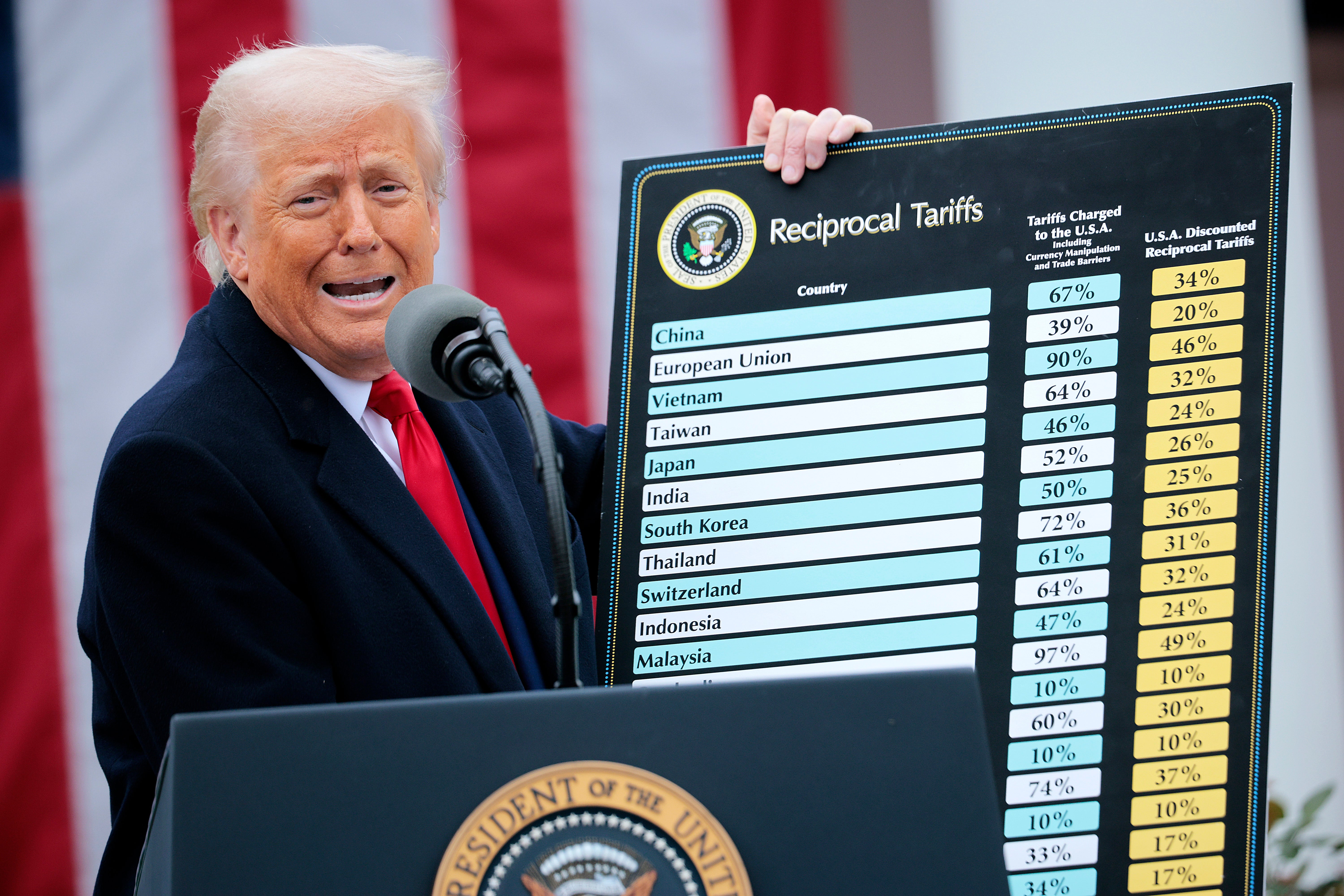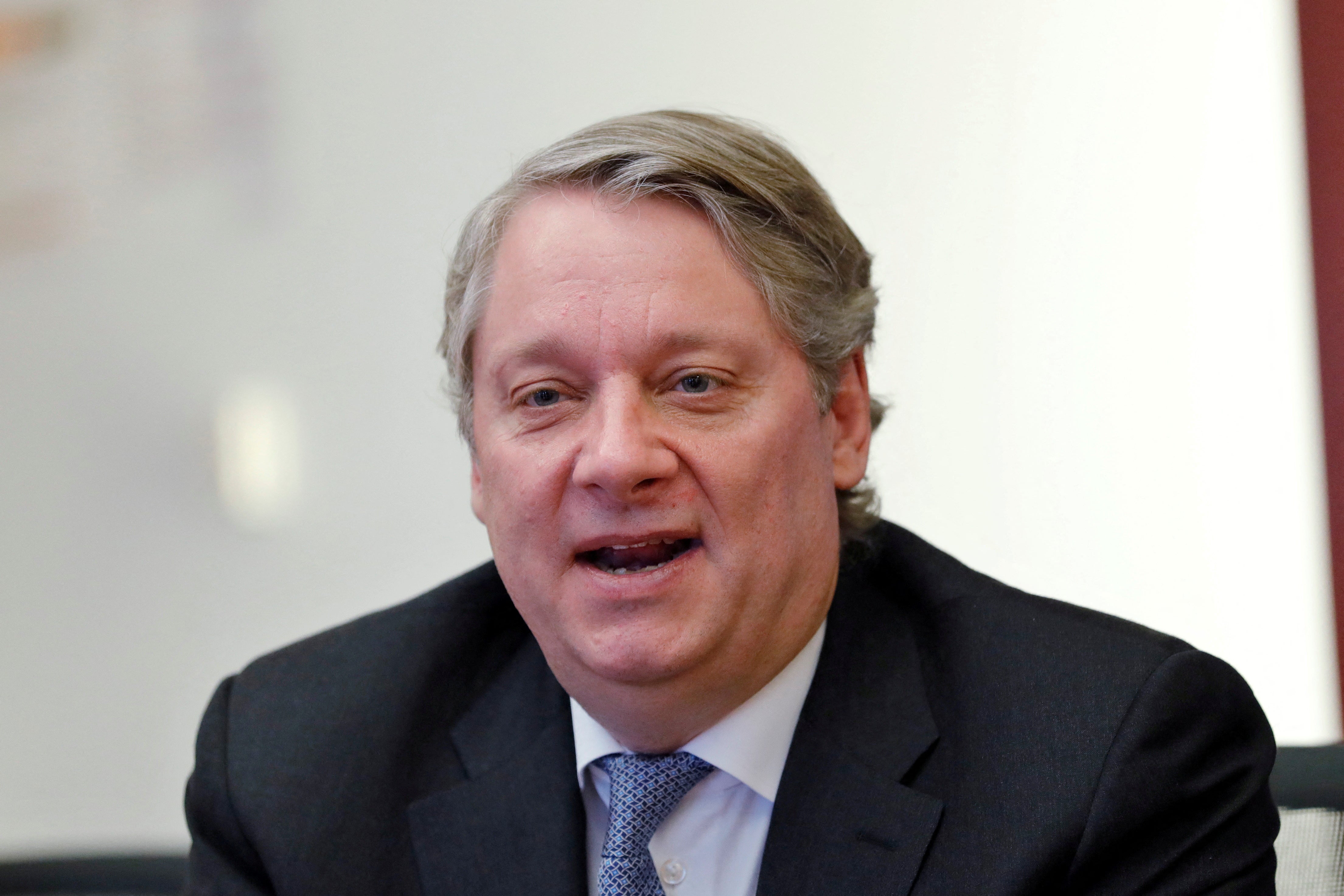ARTICLE AD BOX
President Donald Trump’s trade war could lead the country into recession, the chief investment officer of one of the biggest asset management firms has warned. The officer called the probabilities “the highest they’ve been in a few years.”
Speaking at the Milken Institute Global Conference in Beverly Hills, California, Pimco executive Dan Ivascyn also told The Financial Times he felt investors were underestimating Trump’s resolve about bringing back his April 2 “Liberation Day” reciprocal tariff program.
A week later, the president paused the tariffs for most countries for 90 days after they rocked the world’s stock markets and sparked days of alarm worldwide.
“Believe Trump. He believes in tariffs,” Ivascyn said.

“People still believe that there are going to be off-ramps, and that we are going to get back to something that feels a bit more like it did pre-‘Liberation Day’. We’re not so sure.”
Trump has claimed to have been in discussions with most of America’s trading partners about signing more tailored trade agreements in exchange for exemption from the program and looks set to announce a significant new deal with the U.K. at the White House on Thursday.
“We do think that we’re going to see lower ultimate tariff rates,” Ivascyn continued, noting that the president had shown a tendency to take heed of the market reaction to his economic policies and respond accordingly.
He said he foresaw “a more ‘stagflationary’ scenario [with] higher price levels at a time where you see [the economy] slowing” in response to Trump's actions, but added: “We very well may have a recession. The probabilities are the highest they’ve been in a few years.”
The U.S. Federal Reserve kept its key interest rate unchanged at 4.3 percent on Wednesday, brushing aside Trump’s demands that it lower borrowing costs. The Fed said the risks of higher unemployment and higher inflation have risen due to the uncertainty the president has introduced because of his tariff policy.

Ivascyn said Pimco remained “defensive” about investing in economically sensitive sectors in the current climate, explaining that the bond giant favoured “high-quality sectors like mortgages” and sovereign bonds in other markets.
“The U.S. is not going to lose its reserve currency status soon,” he concluded.
“But it’s hard to see meaningful progress on deficits. That, combined with the fact that this tariff policy will likely lead to an increase in the price level here.
“We think it’s prudent and it makes sense to just look for other high-quality markets to diversify into.”









 English (US) ·
English (US) ·